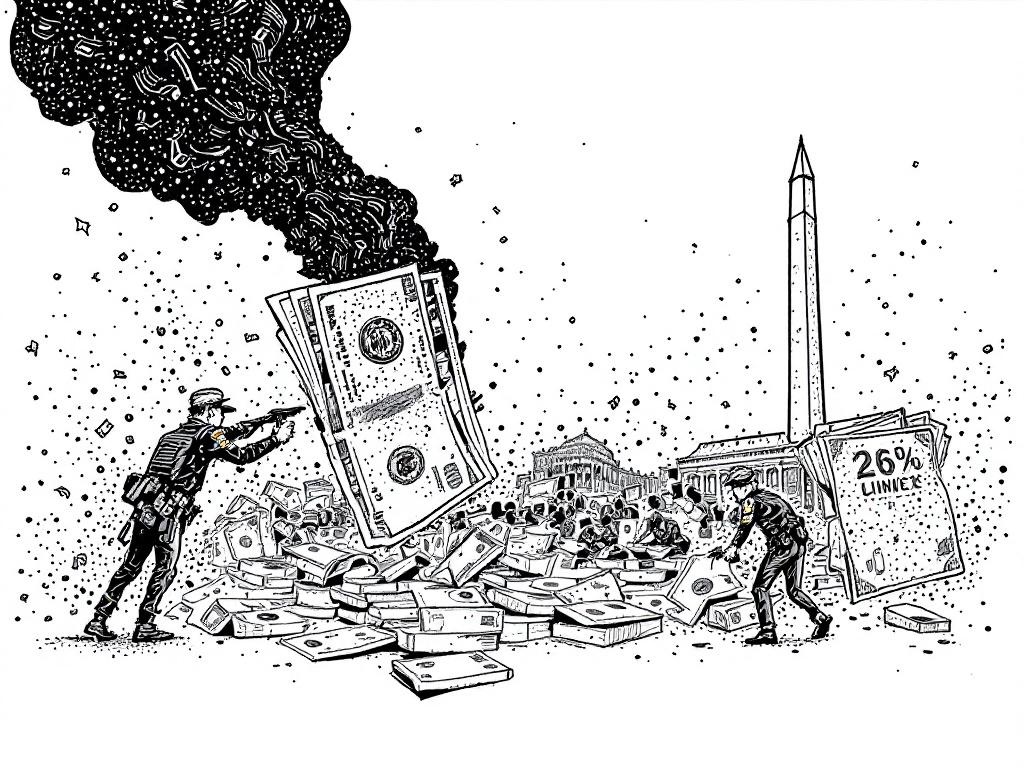Trump's Plan to Curb D.C. Crime with Federal Intervention

Washington, D.C., Sunday, 10 August 2025.
In a move stirring debate, President Trump plans to deploy federal officers in D.C., citing youth violence concerns despite a reported 26% decrease in violent crime.
Federal Response to D.C. Crime
President Donald Trump has announced plans to increase federal law enforcement presence in Washington, D.C., indicating that deployment would begin as early as August 8, 2025. This move was prompted by an attempted carjacking involving a former Department of Government Efficiency staffer, which has spurred public concern about youth violence in the city. Despite this concern, it is important to note that violent crime in D.C. has decreased by 26% compared to the previous year [1][2][3].
The Federalization Controversy
The President’s decision has sparked a significant debate regarding the potential federalization of D.C.’s police force. Trump has stated that if local officials, including Mayor Muriel Bowser, do not effectively manage crime, he may consider federalizing the city, potentially deploying the National Guard [4][5]. This idea raises legal and political questions, as fully federalizing the city would require congressional approval to overturn the Home Rule Act of 1973 [6][7].
Political and Legal Repercussions
Local D.C. officials have expressed concern over what they perceive as federal overreach. Mayor Bowser has already implemented measures such as curfews for individuals under the age of 18 to combat youth-related crime [2][8]. Nevertheless, the possibility of federal intervention has been met with criticism from civil rights groups who worry about the implications for civil liberties and accountability [9]. The federal crackdown is also set against a backdrop of decreasing violent crime rates, contrary to the administration’s portrayal of a city in crisis [4][9].
Impact and Future Considerations
The introduction of federal officers has tangible implications for both the socio-economic climate and public sentiment in D.C. As federal agencies such as the FBI, DEA, and Homeland Security bolster enforcement in high-traffic tourist areas, concerns about civil rights and effective governance continue [10][11]. The looming 2025 elections add an additional layer of complexity, with potential impacts on voter perceptions and candidate platforms [1][10]. The unfolding situation in D.C. is emblematic of broader national discussions on public safety and the balance of power between federal, state, and local authorities.
Sources
- www.cnbc.com
- nypost.com
- www.cbsnews.com
- www.axios.com
- time.com
- abc7.com
- www.reuters.com
- www.nbcwashington.com
- www.axios.com
- www.reuters.com
- time.com